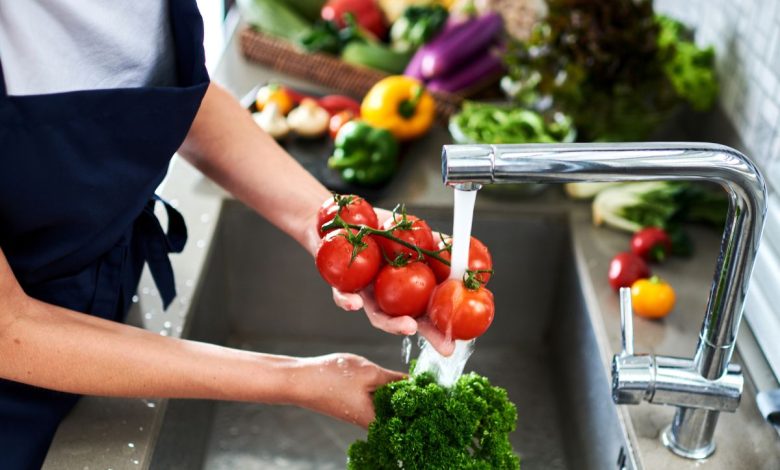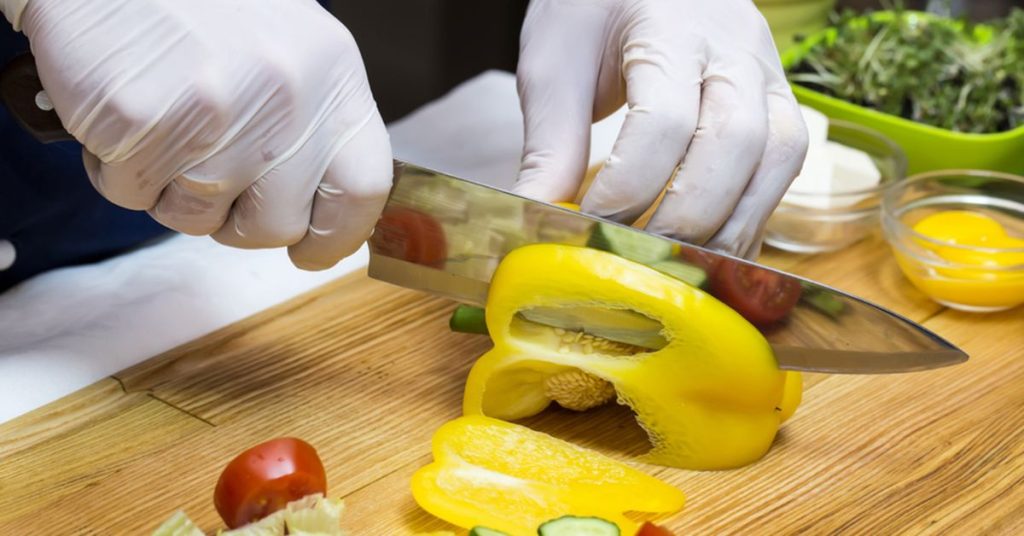What are the Ways to Ensure Food Safety in the Kitchen?

It is crucial to prioritise food safety in the kitchen to protect the health of you and your loved ones. By following proper food handling and preparation practices, you can minimise the risk of getting sick from foodborne illnesses. Start by maintaining a clean and sanitised kitchen environment, washing hands frequently, and separating raw meats from other foods. When using a hot holding cabinet, ensure food is kept at safe temperatures, and regularly clean and sanitise the cabinet. Cooking foods to the correct internal temperatures and storing them properly can also prevent bacterial growth. Additionally, practising good personal hygiene, such as avoiding food preparation when sick, is essential. Stay informed about food safety guidelines to ensure you’re taking the necessary steps to keep your kitchen safe.
Pay Attention to Temperatures:
In the kitchen, paying attention to temperatures is crucial for ensuring food safety. Start by keeping your refrigerator at 40°F (4°C) or below and your freezer at 0°F (-18°C) or below. Use a food-specific thermometer to check the internal temperature of meats, poultry, and leftovers, making sure they reach the safe cooking temperature to kill harmful bacteria. When thawing frozen foods, do so safely in the refrigerator, in cold water, or in the microwave, never on the counter. Promptly refrigerate perishable foods to prevent bacteria growth. By being mindful of temperatures, you can greatly reduce the risk of food-related illnesses in your kitchen.
Avoid Cross-Contamination:
Cross-contamination can lead to foodborne illnesses, so it’s essential to prevent it in the kitchen. It is important to use separate cutting boards and utensils when handling raw meats, poultry, seafood, and eggs. To prevent cross-contamination, always store raw meats on the bottom shelf of the fridge. It’s not recommended to reuse marinades that have come into contact with raw meats. Remember to use different utensils for each food to keep it safe. After handling raw foods, clean and sanitise surfaces, utensils, and hands to avoid transferring bacteria to ready-to-eat foods. By practising these simple steps, you can ensure the safety of the food you prepare.

Cleanliness:
Ensuring food safety in the kitchen is essential for preventing foodborne illnesses. First, maintain cleanliness by washing hands thoroughly before and after handling food and regularly sanitise kitchen surfaces, utensils, and equipment. Secondly, separate raw meats, poultry, seafood, and eggs from other foods to prevent cross-contamination. Use separate cutting boards and utensils for raw and cooked foods. Thirdly, cook foods to the appropriate internal temperatures to kill harmful bacteria, using a food thermometer to ensure accuracy. Lastly, refrigerate perishable foods promptly and thaw frozen foods safely to prevent bacterial growth. These practices help ensure that the food you prepare is safe and healthy for consumption.
Chilling:
Food safety in the kitchen is paramount for preventing foodborne illnesses, and it is considered a major step. One crucial aspect is maintaining cleanliness by washing hands properly before and after touching the food and regularly sanitising surfaces, utensils, and equipment. Additionally, keeping raw meats, poultry, seafood, and eggs separate from other foods prevents cross-contamination. Proper cooking temperatures, as indicated by a food thermometer, are essential to kill harmful bacteria. Promptly refrigerating perishable foods, thawing foods safely, and storing them in airtight containers further prevent contamination and spoilage. Practising personal hygiene, such as avoiding touching the face while preparing food, and staying informed about food safety guidelines are also vital steps.
Storage:
Proper storage is key to ensuring food safety in the kitchen. Store foods in airtight containers to prevent contamination and spoilage. Keep raw meats, poultry, seafood, and eggs separate from other foods to avoid cross-contamination. Label foods with dates to track freshness and discard any expired or spoiled items. Refrigerate perishable foods promptly, keeping the refrigerator temperature at 40°F (4°C) or below. Freeze foods that won’t be used within a few days to maintain freshness. Regularly clean and organise your refrigerator and pantry to prevent bacteria growth and ensure the food is safe for you and your family.
Conclusion:
Maintaining food safety in the kitchen is vital for protecting yourself and your loved ones from foodborne illnesses. By following simple practices such as washing hands regularly, separating raw meats from other foods, cooking to the right temperatures, and storing food properly, you can remarkably reduce the risk of contamination. It’s also essential to stay informed about food safety guidelines and to use reputable sources for your food. Consistently practising these habits can ensure a safe and healthy and creative kitchen environment, leading to delicious and safe meals.
